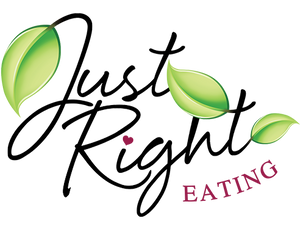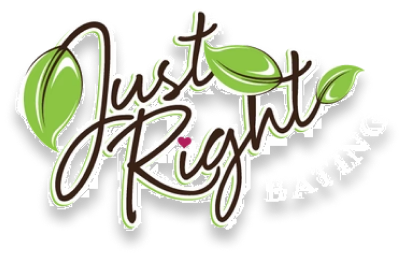Understanding Carbs
Carbohydrates get a bad rap, but carbohydrates provide our main energy source; they are essential to brain function, heart function, and muscle movement.
Carbohydrates are metabolized and stored as energy(glycogen) in the muscles and liver, used as instant energy, or stored as fat. When we consume carbohydrates, they enter the blood stream causing a release of the hormone insulin, which regulates blood sugar by using it as instant energy, directing it into your muscles for stored energy, or storing it in the body as fat.
All too often I hear that someone isn't doing carbs which sends up a red flag. I'm not sure that some individuals understand that there are implications with not consuming enough carbs for basic bodily functions not to mention the fact that they are most likely eating more carbs than they think they are just because they are unaware of what is considered a carb.
Have you ever experienced lightheadedness, periods where you couldn't remember simple things or functions when doing a low carb diet? It's most likely because you had too little carb consumption.
The average individual would benefit from consuming approximately 100-125g quality carbohydrates throughout the day, eating every 3-4 hours and trying to consume approximately 20g of quality, slow-digesting, complex carbohydrates over the course of 5 meals during the day. Always consume a lean protein with a complex carbohydrate, which may slow down digestion, decreasing instance of insulin spike, therefore causing less fat storage.
Factors involving safe carbohydrate consumption: level of activity, intensity, diabetic, insulin dependent, etc..
The better the carbohydrate (slow-digesting/complex) the slower it enters the blood stream allowing for sustainable energy over time and the better the chances your body has to be able to use it as instant energy or store it as energy in the muscles.
Yet there are exceptions to this rule: wrong carbs, at the wrong time, in the wrong amounts.
Choose the right kind of quality, clean carbohydrates:
Brown rice, black rice, mahogany rice
Whole grain breads and pastas
Fruit & vegetables
The more natural state, the better.
Example of a conversation I had recently:
Lady: I don't eat carbs
Me: You don't? What do you eat for breakfast?
Lady: Toast and eggs
Me: Okay, do you eat fruit?
Lady: Yes, I love fruit I eat it all the time
Me: Do you understand that fruit is a carb??
Lady: It is?
Me: how many carbs do you eat a day?
Lady: I don't know, maybe 50…
Me: (knowing the eating habits of individuals I'm thinking this is probably what she would like to consume, but in reality she is consuming much more just for the simple fact that she doesn't know that fruit is a carb which leads me to believe that she doesn’t know what foods are carbs).
Similar conversations like this happen more often than not and it's just a misunderstanding about carbs. Carbs aren't bad it's just that we need to understand them and their role in our daily consumption.



